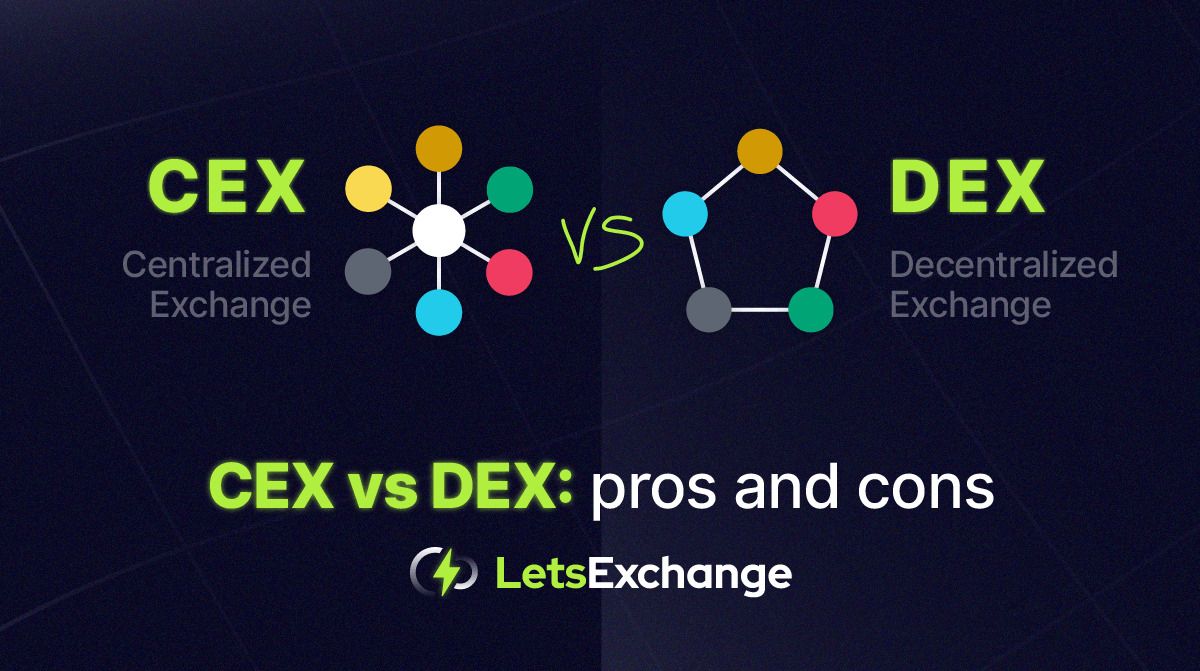Introduction
Cryptocurrency exchanges are the platform that is used to encourage trading in cryptocurrencies for assets such as fiat currencies. Just like stock exchanges empower the trading of stocks, crypto exchanges do the same. Many people are aware of stock exchanges and are comfortable participating in them. However, on the other hand, cryptocurrencies are in a very nascent stage, and many people are unaware of crypto exchanges.
The history of cryptocurrency exchanges dates back to 2010 when Bitcoin developer Gavin Anderson created a bitcoin “faucet”, a website to distribute free bitcoin. Eventually, Bitcoin Market was launched in the same year, followed by the emergence of the then-notable exchange Mt. Gox.
Cryptocurrencies are booming in the Defi (Decentralized Finance) space, and people now realize their potential because of the technology behind cryptocurrency, which is “Blockchain.” Although many investors are also participating in cryptocurrency because of the splendid returns, and because of that, crypto exchanges are gaining wide attention. Thus in this blog, we will discuss two types of crypto exchanges that are widely used: Centralized and Decentralized exchanges, and compare their pros and cons.
Centralized Cryptocurrency Exchange
As the name suggests, centralized cryptocurrency exchanges act as a third party between the buyer and the seller. Most of the crypto transactions are made through centralized exchanges because they are more reliable. One of the famous examples of centralized crypto exchange is: “Coin DCX.”
Coin DCX is one of the largest Indian cryptocurrency exchange platforms and is valued at 1.1 Billion Dollars. Compared to other Indian crypto exchanges, for instance, WazirX, Coin DCX charges fewer maker fees and provides other features such as DCXmargin, DCXfutures, and DCXstake. Moreover, the USP (Unique Selling Point) of Coin DCX is that it has 200 cryptocurrencies listed on its exchange.
Pros of Centralized Exchanges
- User-Friendly: Centralized exchanges such as Coiin CEX provide a better UI/UX experience than decentralized exchanges {DEX}. They are easier to use, and instead of connecting your wallets with the web app, you can trade cryptocurrencies swiftly.
- Reliable: Centralized exchanges are reliable in terms of security. Investors and many traders prefer centralized exchanges because it offers reliability and an extra layer of security.
- Liquidity: Liquidity is quite high in centralized exchanges.
Cons of Centralized Exchanges
- Hacking Risk: Centralized exchanges are run by companies, and they are responsible for the holdings of their customers. Because of this, they are highly susceptible to hacking or cybersecurity risk.
- Manipulation: Several centralized cryptocurrency exchanges have been accused of price manipulation.
- Custody: Entrusting an exchange with your private keys means you don’t fully control your own money
Decentralized Cryptocurrency Exchange
Decentralized exchanges are the ones that facilitate peer-to-peer transactions without any intermediaries. They don’t support the trading of fiat currencies for cryptocurrencies. One of the famous examples of Decenteralizaed exchange is Uniswap.
Uniswap is a decentralized finance protocol that automates the transaction of crypto tokens on the Ethereum blockchain. It has its own native cryptocurrency named UNI (Uniswap).
Pros of Decentralized Exchanges
- No Hacking Risk: In decentralized exchanges peer to peer transactions take and no third party is involved, so hacking risks is less as compared to centralized exchanges.
- Anonymus: Decentralized exchanges are anonymous and offer complete privacy; unlike centralized exchanges, customers don’t have to go through the KYC process here.
- Avoiding Market Manipulation: As the transactions are peer-to-peer, customers on decentralized exchanges are prone to market manipulation.
Cons of Decentralized Exchanges
- Liquidity: Decentralized exchanges are used by only some people, and due to this, liquidity constraints are there. Moreover, because of this issue, people cannot transact easily in emergencies.
- Complex Nature: Unlike centralized exchanges, decentralized exchanges do not provide a user-friendly experience; they are pretty complex. It is so because in decentralized exchanges, users must first connect to their crypto wallets which becomes a tedious task
- Lack of Fiat Currencies: One of the biggest cons of decentralized exchanges is that it does not provide
Conclusion
To conclude, cryptocurrencies are still immature and highly volatile as compared to other asset classes. However, It is so because they are in a very nascent stage and are still gaining attention. On the other hand, the blog also discussed centralized and decentralized cryptocurrency exchanges. It concluded that centralized exchanges form the majority of transactions taking place in cryptocurrencies but in terms of preventing market manipulation and less hacking risk, decentralized exchanges are the best.





